The living dead, scientists call them: populations of animals so small their extinction is all but inevitable. At the top of the list may be West Africa’s lions, according to a paper published in the scientific journal PLOS ONE.
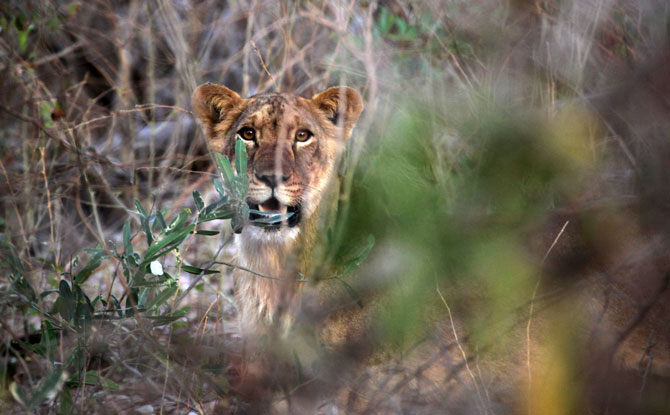
Scientist Philipp Henschel of the conservation organisation Panthera is calling for the listing of West Africa’s lions as critically endangered.
Lions in West Africa are few and far between and isolated from their Central African neighbours. As a result, the International Union for Conservation of Nature (IUCN) currently classifies them as regionally endangered, while lions in Central, East and Southern Africa are listed as vulnerable.
“Although the status of African lions everywhere is concerning,” says Henschel, “the situation is particularly alarming in West Africa.” Only 406 lions may remain there, according to surveys the research team conducted. The species now roams in just one percent of its historical range.
An inventory of the region’s lions conducted in 2001 and 2002 revealed that 450 to 1 300 lions remained. In response to those findings, Henschel undertook a new survey from 2006 to 2012 in West Africa’s savannas and woodlands. Working alongside Panthera researchers were biologists with the Wildlife Conservation Society and the Nigeria National Park Service, among others.
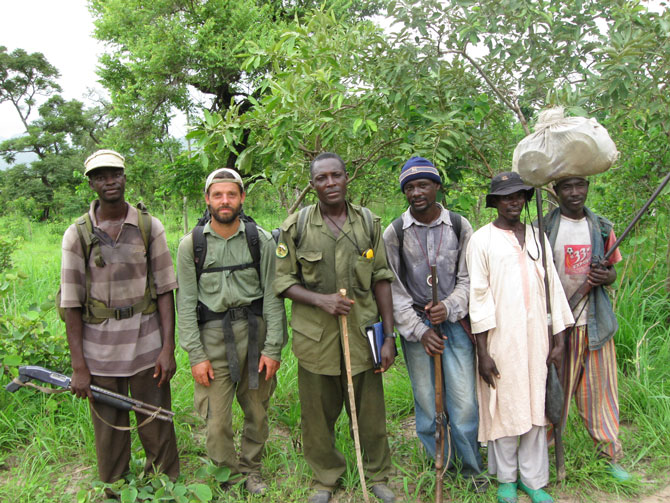
The scientists searched high and low for lions, padding along dry riverbeds, old park roads and game trails, and through lowland tropical rainforests. They faced the same risks as the lions they sought to find. Henschel negotiated with rebel leaders for access to lands and invited poachers to work with the team.
Among the objectives was looking for spoor – tracks, trails, scents, droppings – in 21 West African protected areas that once harboured lions. “We could confirm extant lions in only four,” says Henschel. In many of the areas, lion populations have almost bled out. Disease, poaching and habitat loss are leading to lion deaths.
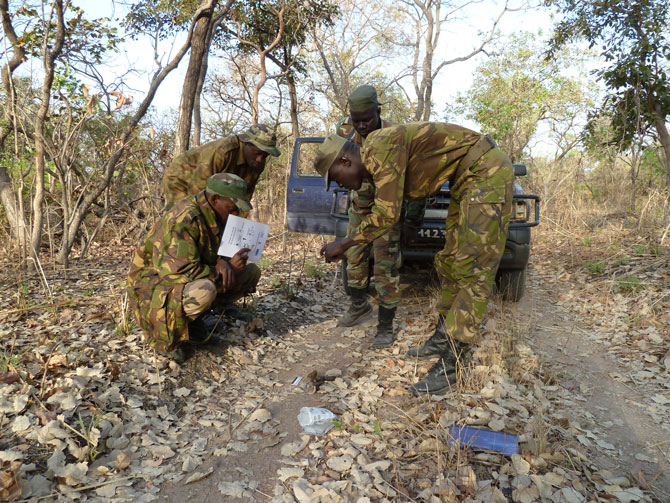
The stakes are high. West Africa’s Lions differ from those in East and Southern Africa. Studies have shown that West and Central African lions are smaller in size and weight, have smaller manes, live in smaller groups, and eat smaller prey than lions elsewhere on the African continent. The differences are also reflected in their genes. If lions disappear from West Africa, according to Henschel, unique populations found nowhere else in the world will be lost.
The IUCN now manages two subspecies of lions: Panthera leo leo across Africa, and Panthera leo persica in India. But the main subdivision of lions genetically is within Africa, scientists believe, between the lions in East and Southern Africa versus all others. The two groups in Africa, the researchers say, should be listed and managed separately. If that happened, West (and Central) African lions would possibly be called Panthera leo senegalensis.
The last best hope for Panthera leo senegalensis may lie where the buffalo and antelope still roam; in Pendjari National Park in northwestern Benin, which adjoins Arly National Park in Burkina Faso. Along with W Transborder Park, which spans Niger, Burkina Faso, and Benin, the three parks form the WAP (W-Arly-Pendjari) complex. WAP is the largest protected ecosystem in West Africa.
From March 19 to May 22, 2012, Henschel and others surveyed more than 75 percent of the WAP complex. The total lion population there was estimated at 356 lions. Lions were also confirmed in three other West African protected areas; Kainji Lake National Park, Nigeria (an estimated 32 lions), Yankari Game Reserve, Nigeria (2 lions), and Niokolo-Koba National Park, Senegal (16 lions).
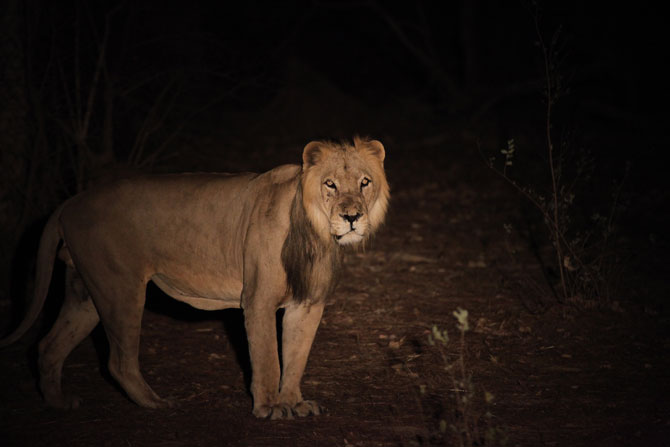
Lions have disappeared across Africa as human populations have overtaken the landscape, competing with wildlife for habitat. Savannas have been converted into farms and fields for agriculture and livestock. Uncontrolled logging and burning have led to deforestation, desertification, and declining water quality. Some places in West Africa have become near deserts.
“Weak management of lions’ habitat due to a lack of funds has led to a collapse in lion prey populations and lions,” says Henschel. One West African park’s management budget is, he says, “roughly US $20 per square kilometre; incredibly low. To reverse the declines and stabilize populations of lions and their prey, we need a huge increase in financial backing for protected areas.” He points out that the WAP complex has received sustained assistance from Germany and the European Union. Hence, there be lions.
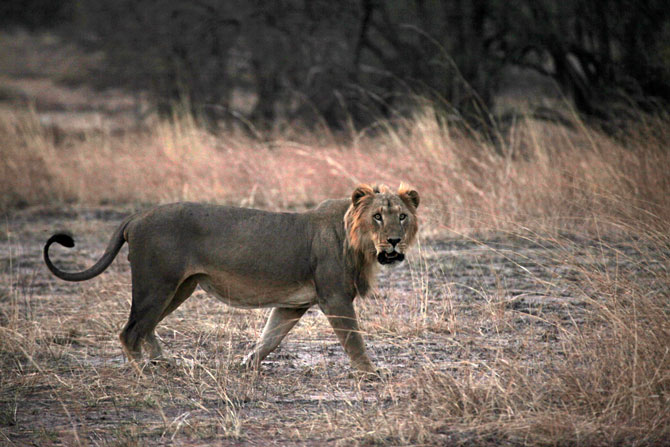
The empty forest, or empty savanna, syndrome it’s called. Habitats that echo only silence, their lifeblood drained by a gamut of environmental problems. The savannas and forests of West Africa grow quieter with each passing year, and their lion roars fainter. Soon the only voices we hear may be our own.
ALSO READ: Vanishing Lions
To comment on this story: Login (or sign up) to our app here - it's a troll-free safe place 🙂.![]()






